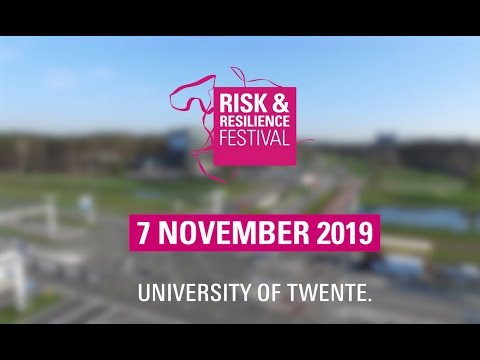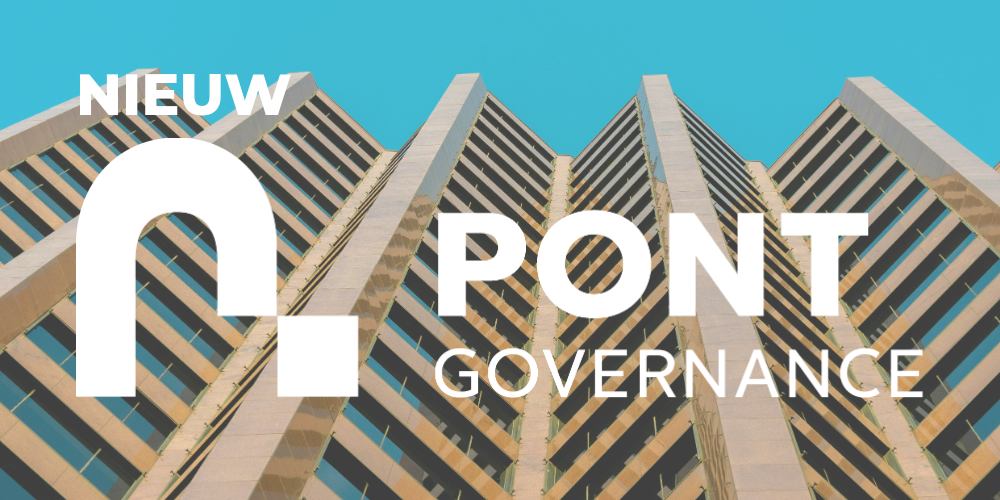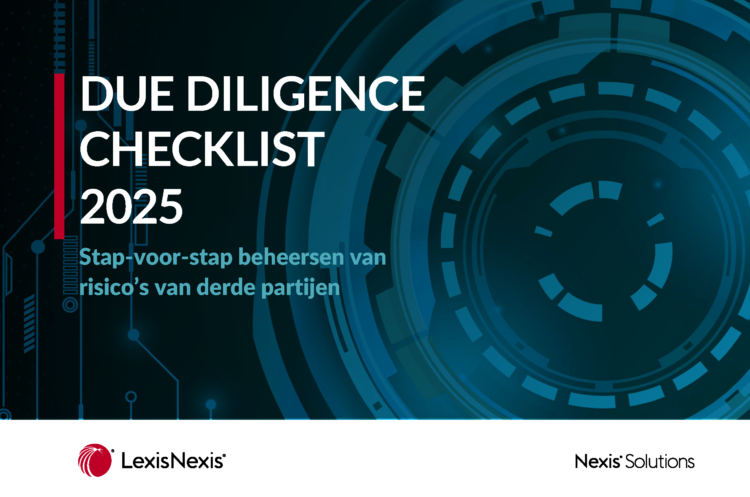Michel Klompmaker
Op donderdag 7 november zal de derde editie van het Risk & Resilience Festival plaatsvinden op de Universiteit Twente in Enschede. Er zijn bijzonder veel sprekers tijdens dit Festival, maar de aandacht zal natuurlijk vooral uitgaan naar de drie prominente keynote sprekers. In de ochtend is dat Maarten van Aalst, in het begin van de namiddag is Ian McCarthy aan de beurt en aan het einde van de namiddag is dat Stefanie Beninger. Het groots opgezette Festival zal net als voorgaande jaren door honderden professionals en studenten bezocht worden. Het Risk & Compliance Platform Europe is als media partner ook aanwezig en verzorgt het programmaboekje dat aan een ieder bij binnenkomst wordt overhandigd. In dit artikel gaan we nader in op de achtergrond van de drie keynote sprekers, die passen bij het thema van dit jaar en dat is “Risk meets resilience for a sustainable future.”
Om 9.30 uur is het de beurt aan Prof. Maarten van Aalst, director at Red Cross Red Crescent Climate Centre; Professor Spatial Resilience Universiteit Twente (ITC). Hij zal het in zijn keynote gaan hebben over Resilience in the face of rising risks – from global ambitions to local solutions. De inleiding wordt verzorgd door Mirjam Bult-Spiering van het College van Bestuur van de Universiteit Twente.
Maarten van Aalst: “I will look at the rising global impact of natural disasters such as storms, floods, droughts and heatwaves, and ways to build resilience in the face of rising risks. The benefits of increased investment in resilience are enormous, but in practice such investments are often lacking, especially in the most vulnerable contexts. We will look at risk data across time- and spatial scales, but also the instruments, institutions and incentives for better managing risk, using real-life examples such as the US$100 billion cost of Hurricane Harvey, the immense human toll of cyclones in Bangladesh, but also the excess mortality during heatwaves in the Europe.”
De tweede keynote Prof. Ian McCarthy gaat spreken is na de lunchbreak, om 13.40 uur en daarbij is de inleider professor Petra de Weerd-Nederhof, hoogleraar Organisatiekunde, in het bijzonder Organisatie van innovatie, en vakgroepvoorzitter van NIKOS (onderzoeksgroep op het gebied van Ondernemerschap, Strategie, Innovatie en Marketing). Zij begeleidt 5 promovendi en haar nieuwe onderzoek gaat over veerkracht en innovatie. Prof. Ian McCarthy is Professor in Technology & Operations Management aan de Simon Fraser University en visiting Professor verbonden aan LUISS. Hij zal het in zijn keynote gaan hebben over Managing Risk and Resilience: A Levers of Control Approach.
De volgende toelichting geeft Ian McCarthy daarbij: “Increasingly organizations are aware of and impacted by how interconnected the world is in terms of economic, social, technological and natural events. Why do some organizations cope with these events better than other organizations? What behaviors, practices and capabilities should organizations have in place to manage risk and resilience? One approach for answering these questions is the use of management control systems. Focusing on the ‘levers of control’ framework I will explain how different types of management control system, guided by the exposure to different types of risk, can be used to induce, direct and balance different resilience related behaviors, practices and capabilities.”
Dr. Stefanie Beninger is a Marie Curie Fellow and an assistant professor at IE Business School, IE University in Madrid. De inleider bij haar keynote is Mariëlle Stoelinga, professor in IT Risk Management bij Twente Universiteit. The keynote from Stefanie Beninger is entitled: Towards a resilient future: Balancing stability and change.
Beninger licht haar keynote als volgt toe: “Resilience is increasingly seen as a goal by managers, policy makers, and communities, especially given the nature and frequency of disturbances felt in our increasingly interconnected global world. These disturbances, whether macro or micro in origin or mild or significant, are often felt at a community, company, and individual level. Research points to an array of actors, networks, and resources that can help people engage in coordinated responses to an array of disturbance towards supporting resilience. We will discuss these aspects, with particular attention to the need for balance between seeking stability versus allowing for needed changes, ultimately linking the concept of resilience to the community and your professional and personal life.”


